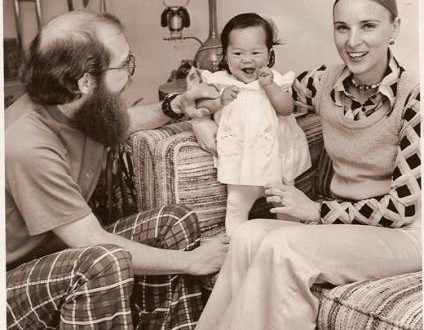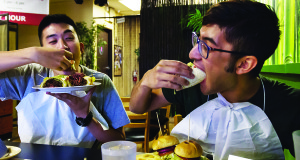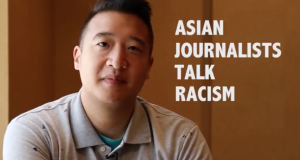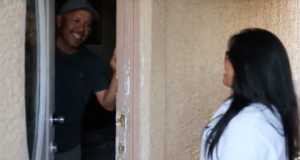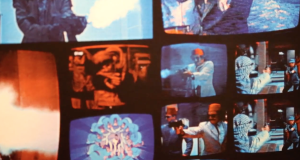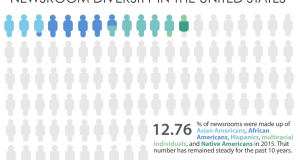Mei-Ling Hopgood was born in Taiwan and came to America after being adopted by a white family.
She is a transracial adoptee – someone whose race differs from her adopted family.
“Each adoptee has a unique relationship with their family and their identity,” said Hopgood, a journalist and professor at the Medill School of Journalism at Northwestern University. “It’s really important in the dialogue not to make sweeping generalizations about the experiences you have or the feelings you should have about transracial adoption.”
Hopgood’s family was up front about her adoption while many families integrated their children into their communities. They took her to Asian festivals, hired Asian babysitters and visited Asian restaurants.
Still, the first AAJA national convention she attended in Washington, D.C. in 1992, was a turning point.
“I had never been in a room with that many Asians in my life,” she said. “The organization has played a huge role in my career, but also in the beginnings of my own exploration of identity.”
While transracial adoptees have a variety of different experiences and unique relationships with their adopted and birth families, Asian American journalists have looked to the Asian American Journalists Association to learn more about their ethnic backgrounds.
Although some adoptees, like Hopgood, grow up aware of their Asian background, Ali McNally, a former news reporter and public relations professional, identified primarily as white right until she graduated college. Her parents were white and had adopted her from South Korea.
That changed after she joined AAJA and decided to take a trip to Korea.
McNally joined AAJA intending to gain professional benefits. She ended up also connecting to her Asian heritage, although that was not her intention.
During AAJA Denver chapter meetings, Gil Asakawa, former chapter president, introduced McNally to different Asian restaurants.
“Food is pretty much the way into my heart — that was my gateway into finding my identity as an Asian American,” she said.
Matt Stevens, a Metro reporter at the Los Angeles Times, was adopted from South Korea at four months old. He grew up in Chicago until his father moved the family to San Diego for a new job.
Stevens recalled a time with one of his friends growing up.
“We were running down the stairs in middle school to go down and play basketball outside,” he said. “I remember him just stopping on the landing between the first floor and the second floor and just looking back at me, and it shocked him that I was not my parent’s biological son.”
Stevens was brought up in a white family and didn’t consider his heritage until he was in his senior year of high school. He was assigned a speech and decided to talk about his adoption.
Since then, he’s taken a trip to South Korea and met his birth mother.
“When I wrote about going back to Korea, I had to stop and think about what caused me to take the trip in the first place, because that’s a big decision,” he said.
Stevens decided to take an Asian American studies course at UCLA. The introductory course opened his eyes to Asian American figures, culture and movements.
“And then along came AAJA,” Stevens said.
The organization has provided Stevens his first post-college opportunity to explore his ethnic roots.
“Now, I’m on the governing board, and part of the reason I’m doing that is because I felt so supported by AAJA when I was a young reporter,” Stevens said.
 VOICES Publishing from the AAJA National Convention
VOICES Publishing from the AAJA National Convention

